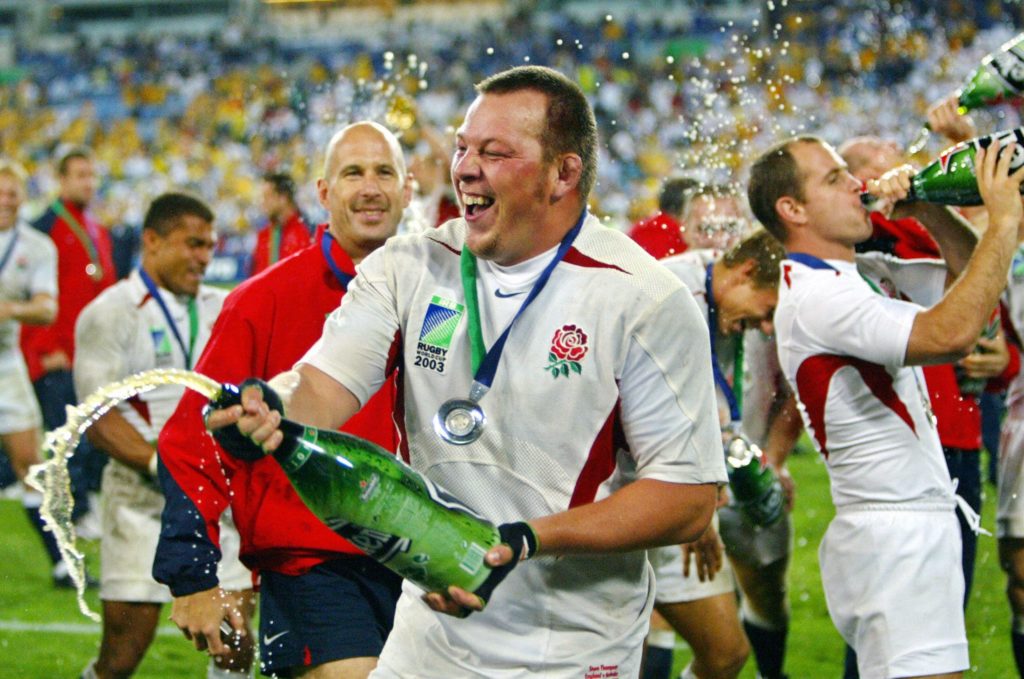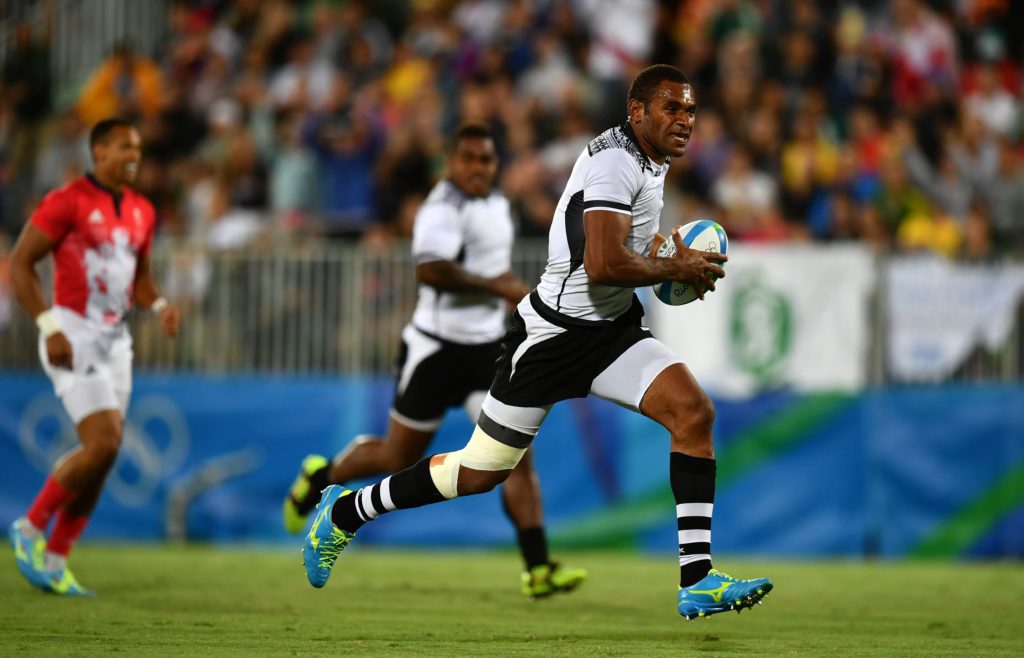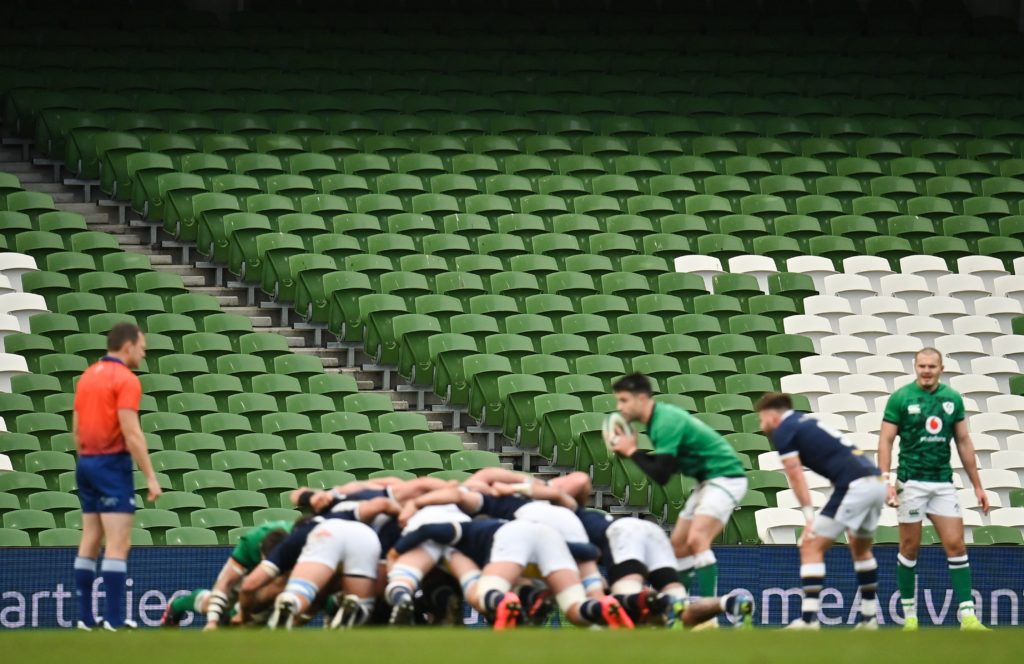In rugby, as in life, this has been a year like no other. The game has not seen such turmoil and mayhem since going “open” in 1995 and may never again be so strained.
But the putrid fingers of Covid-19 will continue to grip rugby in 2021, its impact broad and profound. There will be much for lawmakers, players and fans alike to ponder in this new year of uncertainty.
The brain injury case
Rugby’s long-awaited day of reckoning is nigh. These legal proceedings, where a slew of former players diagnosed with early-onset dementia are taking action against the governing bodies, could have seismic implications.
It is a heinous probability that rugby inflicted – or was at least a major contributor to – the damage wrought on the brains of these poor men. Theirs is the first generation of full-career professionals, guinea pigs in the game’s fetish for bulk and brutality and its evolution from contact to collision sport.

Today’s concussion protocols are significantly better than those of even a decade ago. Awareness and understanding have grown, and the culture of playing through brain injury spurred by a misguided sense of “bravery” is, thankfully, vastly diminished.
But rugby is undeniably tougher now than ever and players have paid the price. We cannot say how many retired forty-somethings are afflicted by these terrible symptoms, but we can state with some confidence that those lawyering up represent the tip of the iceberg. We do not know either how many among the current crop will go on to suffer the same fate, or where the balance lies between better medical protocols and a more perilous iteration of the sport.
To the layman, it seems difficult for the ex-players to prove that their administrators acted negligently. World Rugby and their unions will surely argue that their procedures were devised from the best practice of the day and it was up to those on the ground to apply them properly.
The case will be long and labyrinthine and it could be exceedingly messy. Whatever the outcome, rugby may be forced to own grim truths and slaughter some of its sacred cows.
Rugby may be forced to own grim truths and slaughter some of its sacred cows.
Will the Lions roar?
Normally at this point in a Lions season, we are awash with polemic content championing this player or that, furious social media discourse over why one fly-half trumps another, fantasy squad selections and wacky conspiracy theorising on the deep-rooted bitterness the coach has for your nation’s team.
The anxiety now is not over who will make the plane, or what will happen when they get there, rather whether any of them will go at all.
In the current climate, the Lions tour must be in grave jeopardy. South Africa is a nebulous country where extreme destitution remains, and it has yet to obtain any Covid-19 vaccines. A new variant of the virus, thought to originate from South Africa, slithered on to British shores last week and the UK government promptly imposed a travel ban.
The sheer logistics of flying tens of thousands of British and Irish fans into, and then all across South Africa in a matter of months, seems fraught with so many problems. Can they travel safely? Must they all be vaccinated beforehand? In what kind of state will Britain, Ireland and South Africa be by the summer?
A Lions series before empty stadia would never work for a variety of reasons, commercial and sporting. What a lift it would be to see the Lions and the Springboks lay waste to each other before a swirling sea of red and green, but at the moment, that dream feels a long way off.

Springboks in Europe
The Pro14 will live or die by the success of its newest venture. This tournament has always had its detractors and there are legitimate gripes to be had, from the dearth of authentic cross-border rivalries to the standard of refereeing.
This lockdown glow-up has been mooted for an age, the heavyweight franchises of South Africa merging into the competition as soon as April. It is exceedingly bold to introduce these sides so quickly against the backdrop of the pandemic, particularly when games are falling victim to coronavirus at a frightening rate and the UK is rapidly being locked down again.
What the Bulls, Sharks, Stormers and Lions do bring is a box-office appeal beyond anything the Cheetahs or Kings could deliver. Their inclusion will yield more crucial broadcast revenue and the arrival of world champion Springboks on European shores should whet the appetites of fans who had never been captivated by previous incarnations. The upshot will be fascinating and vital.
Dreaming of Tokyo
In a rare bulletin of uplifting sports news this month, Team GB announced they had secured funding for their Olympic sevens teams.
It will be five years this summer since rugby returned to the Games, since Ben Ryan conducted a Fijian symphony of “beautiful chaos” and the little archipelago won their nation’s first Olympic gold in Rio.
Although Tokyo seems light years away as we labour through various states of lockdown and entrench ourselves in domestic rugby fare, for so many players, it is the ultimate achievement. The men and women of sevens have suffered more than most at the hands of Covid-19. Some have been furloughed for months on end, others laid off altogether. Tokyo gives them something to strive for; a stage to grace, a podium to attack and a huge audience to mesmerise.

Contract chaos
In the Northern Hemisphere, the festive period is traditionally the season when contracts are finalised as coaches plot ahead to the next campaign and start assembling the squads who will carry them forward. New deals are thrashed out and moves completed.
The finest talent will never struggle here, not even in the days of Covid. But the vast majority of players – those who fall somewhere between up-and-coming prospect and world-class professional – are now operating in a brutal market.
Budgets have been ravaged by Covid-19 this season, and they will fall again next term as clubs and unions try to recover from the damage the pandemic has inflicted and claw back more lost revenue. In fact, opportunities may be even scarcer in the new campaign than the current one.
The vast majority of players – those who fall somewhere between up-and-coming prospect and world-class professional – are now operating in a brutal market.
Squad sizes will reduce. So will salaries. There are strict rules in England and France governing foreign player numbers, and only a handful of teams between Ireland, Wales and Scotland who must prioritise signing eligible talent. Teams will lean towards promoting from within over recruiting seasoned newcomers – good news if you’re a youngster itching for a crack at the first team, but where do the swathes of club-less men go? There will be a frantic, almighty scrap for contracts and there will be neither enough money nor deals to go around.
A global calendar
Granted, you could have stuck this particular item on any of these pieces from any of the past five years and probably longer, but at last, it seems we may be nearing the utopian alignment of north and south.
For too long, there has been an unseemly wrangling between clubs and countries for access to players, and those same players exposed to a mountain of rugby.
Reaching some kind of global accord would lighten the load and, ideally, deliver consistently meaningful matches. RFU chief executive Bill Sweeney said earlier this month that the dementia case might very well hasten those talks. Whatever the outcome, players must be at the heart of the conversation.
Fans returning
In the UK, for five long months, rugby has been played against the backdrop of empty plastic chairs. The rasping pitch-side cries and the strained moans of the players echo around as though coming at the listener from the end of a huge tunnel.
Rugby without fans is a pallid spectacle. Amphitheatres built for sporting drama lie sullen and cavernous. The performers are there, but the audience is locked out, kept from the stands by a silent and pervasive enemy.

Broadcasters have done a fabulous job to make matches more accessible and bring them to life in these desperate circumstances, but television can never live up to the real, raw, I-was-there experience.
Never again shall we take for granted the first frothy sip of a pre-match pint, a heady mixture of hops and anticipation. Never again shall we grumble as we squeeze onto a teeming bus or train, contort ourselves to sidestep through a claustrophobic turnstile, or join a huge, snaking queue that crawls through the pungent toilets at glacial pace.
Oh, to be in amongst it again. To stand and sing and sway in a heaving mass of limbs. To be a single pixel in a giant, elaborate tapestry of colour. To belt out a national anthem as one with fifty-thousand of your compatriots. To make a lifelong friend from another country high in the stands and meet up each year when the fixture rolls around. To roar as a defensive line is cleaved open; to chant as a twenty-phase attack is repelled and repelled again; to revel in a victory with your team and your people.
We hope – so desperately hope – that in 2021, the virus can be clubbed into submission, and the lifeblood of this wonderful sport can return to its rightful place in the arena.
If you’ve enjoyed this article, please share it with friends or on social media. We rely solely on new subscribers to fund high-quality journalism and appreciate you sharing this so we can continue to grow, produce more quality content and support our writers.



Comments
Join free and tell us what you really think!
Sign up for free